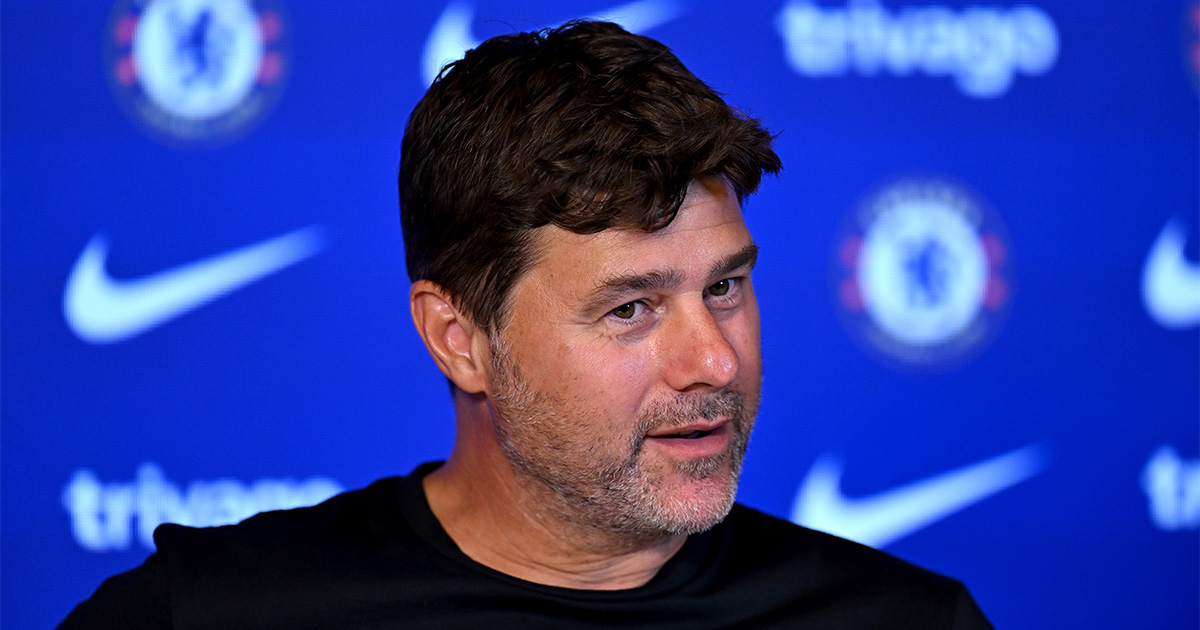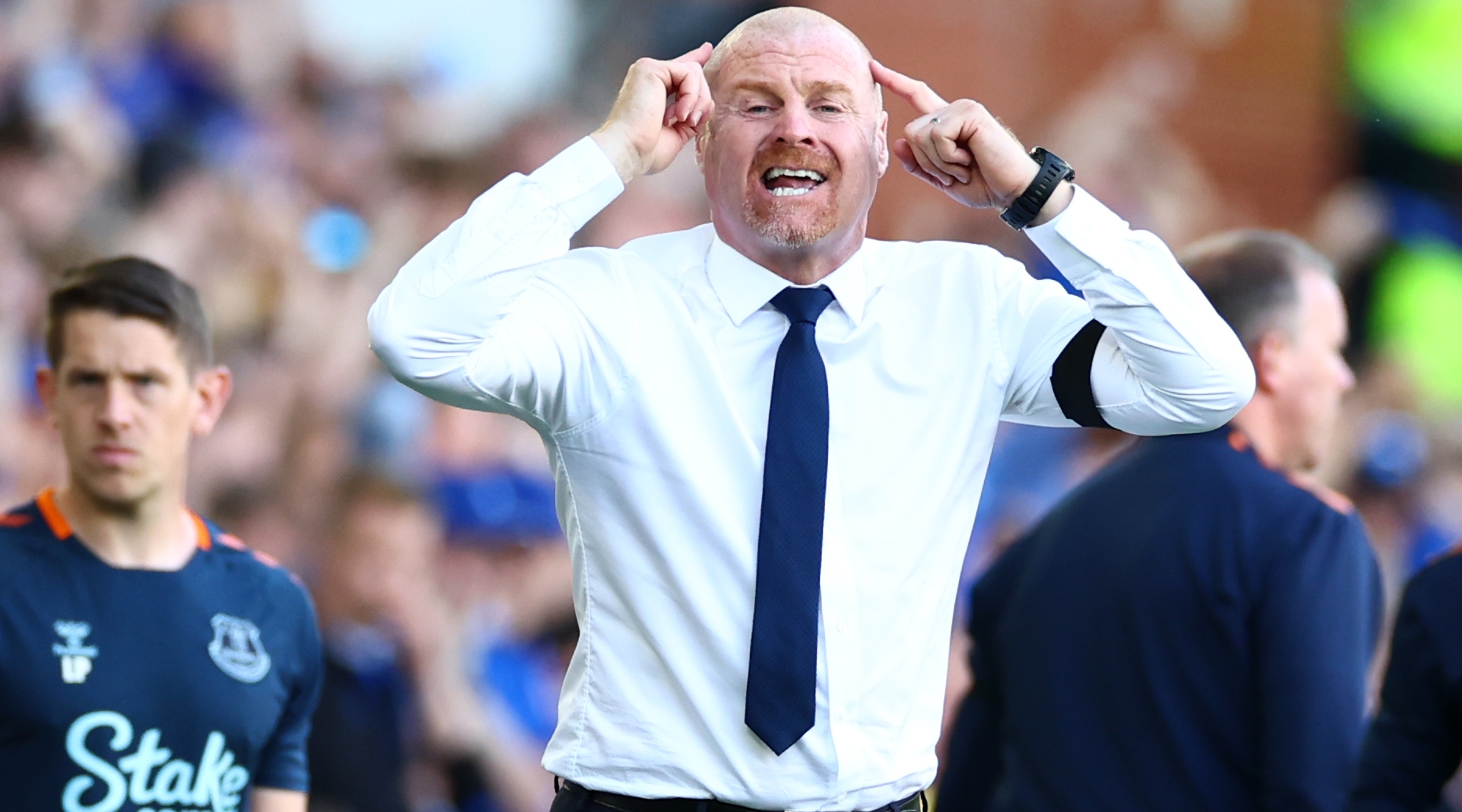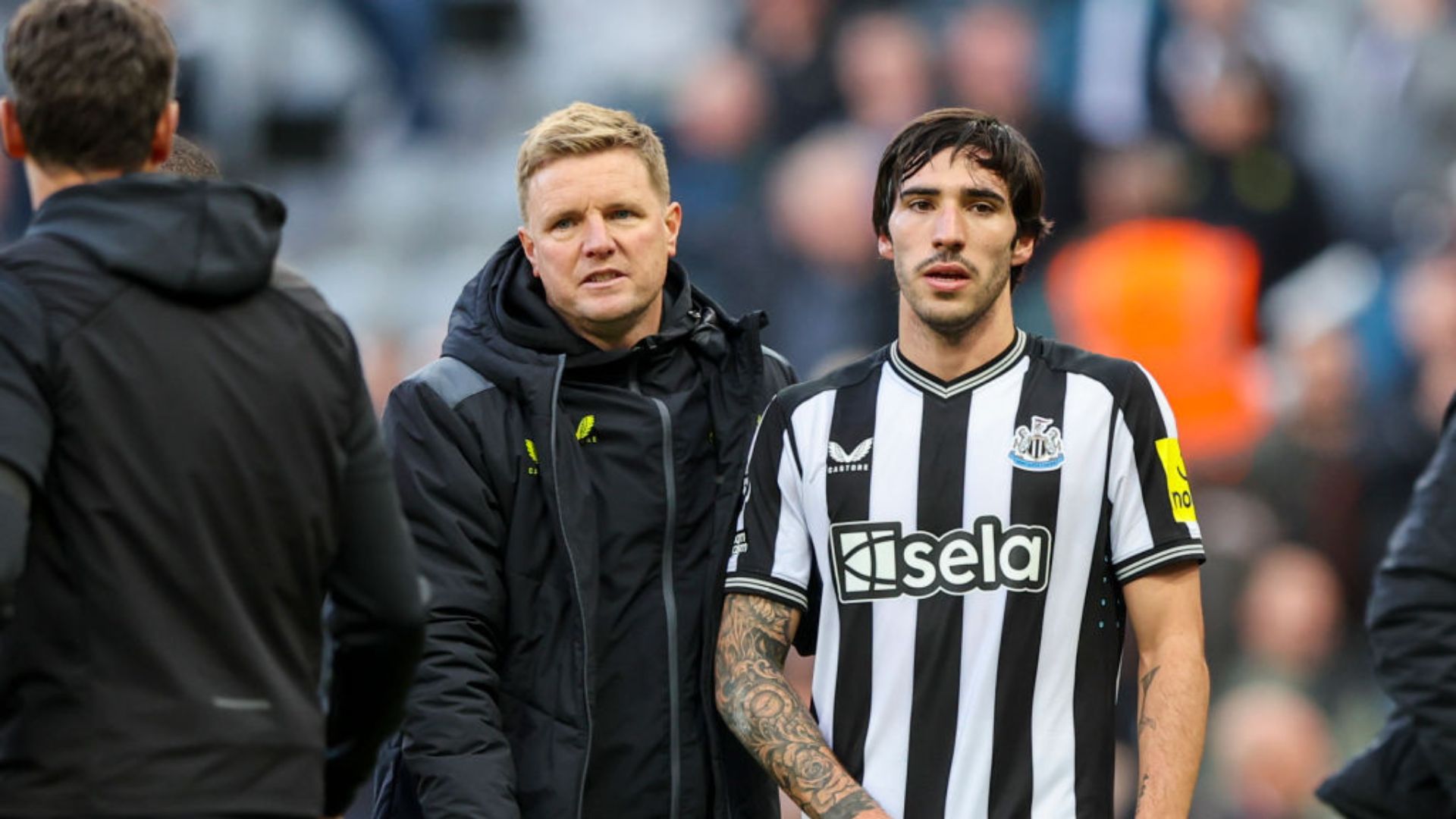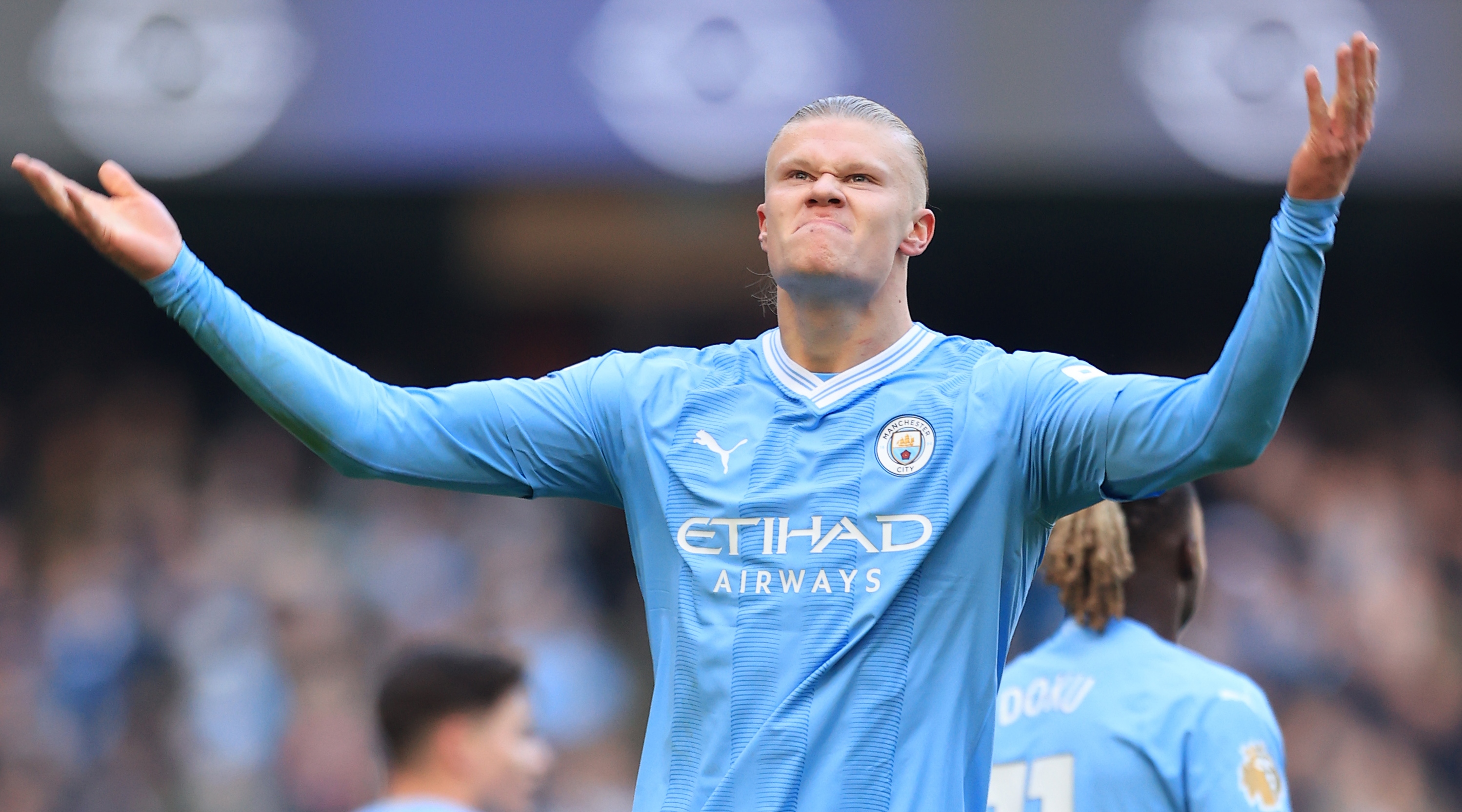
The Premier League's PSR (Profit and Sustainability Rules) certainly have a lot to answer for. This time last year, no one really knew what they were, as Chelsea dropped nine figures on Enzo Fernandez: 12 months on, they're a volume limit on the headphones of spending, curbing transfer window whispers from developing into anything even resembling an indoor speaking voice.
These FFP-esque rules prohibit the top 20 clubs in the land from accumulating losses in excess of £105 million across a three-year period. Everton were in breach and punished. Nottingham Forest could be next up for a slap of the rulebook, followed by the Toffees once more, for good measure.
In theory, it's a good idea – stopping anyone from “doing a Leeds” is certainly admirable. In practice, however, there's one major sticking point. It's a problem for every single club looking to buy – this month or any other – and on top of everything else, it delivers a kick in the teeth for fans in its own little way.

Let's start at the beginning with a re-run of the dreaded phrase, ‘amortisation’, taking Newcastle United as an example. Sandro Tonali was reportedly purchased for £60m over the summer – but the Toon didn't drop all of that cash at once in a briefcase at the doors of the San Siro. Tonali signed a five-year contract, meaning instalments of £12m are paid to Milan throughout that contract.
This is how Chelsea ended up spending a billion in just three transfer windows, handing out eight-year contracts to players and spreading fees across each of those eight years like a mortgage (Tonali would've cost them £7.5m a year on one of their eight-year deals. Cashback!). A fee received for a player, equally, is spread across the contract they sign, meaning that you can recoup money spent on players.
And herein lies the massive flaw with financial regulations that reward clubs for recouping fees on players they've bought: some players don't cost a thing.
If Newcastle are to sell Tonali for £50m this summer, they're obviously £10m down overall on what they paid. But academy prospects are free – and this is reflected as pure profit on the books.

So Emile Smith Rowe, Reiss Nelson and Eddie Nketiah are now linked with exits from Arsenal. Conor Gallagher is rumoured to be leaving Chelsea despite being their only functional midfielder at times this season. Aston Villa will likely have to flog Jacob Ramsey for big bucks – just as they did Jack Grealish – if they want to continue competing at the top. Forest offed Brennan Johnson to Tottenham when it became clear that they were struggling financially; Everton, likewise, with Anthony Gordon to Newcastle.
The Premier League's regulations reward clubs that have the best academies, giving them extra spending power in the transfer market, while punishing fans who want to see those players in the first team.
At the very top, academies are just used to generate transfer funds, anyway. Manchester City turned a profit the summer that they signed Erling Haaland, thanks to big sales, which included a string of kids fresh off the production line. Gavin Bazunu, Romeo Lavia, Darko Gyabi, Arijanet Muric, Juan Larios and Sam Edozie all left the setup for just under £50m of pure profit. Haaland cost just over £50m. How long before smaller clubs follow suit?

It's no bombshell that fans tend to strike a connection with academy players, however tenuous their local connections may actually be (was Harry Kane really one of Spurs' own or a closet Gooner?). And it's not exactly a masterplan of Premier League clubs to rely on this loophole to fund new signings: given Newcastle's commitment to integrating north east talent extended to signing Dan Burn, they'd be loathed to sell kids who deeply care about the Toon and distance themselves from the fanbase they've worked so hard to reel back in.
Maybe there needs to be stronger rules on including academy prospects within a match day squad, like there are in European competition. Maybe clubs should be capped at the number of homegrown talents they can sell during a season, to prevent club owners from turning what should be a path to the first team into a cash cow to fund mad spending sprees. At the very least, some would argue that perhaps clubs need to be more careful with their spending and more willing to integrate younger players.
That's the obvious first step. Arsenal had success when they built a core around Smith Rowe, Bukayo Saka and Gabriel Martinelli: maybe if they hadn't lumped £60m on Kai Havertz without an obvious plan, Nketiah wouldn't be on the chopping block?
Because the principle of “pure profit” is bound to hurt clubs that aren't Chelsea, City or Arsenal, who can only compete with top-level spending by offloading a Grealish, a Miley or a Rice every few years. Even now, it's at risk of causing a disconnect between clubs and their fans. In business, sentiment may be a defect found on the losing side. But in football, it's very much something we should be trying to protect.
More stories
TRANSFER NEWS Chelsea face late January transfer raid from London rivals
QUIZ! Can you name the 48 stadiums in English football with a 20,000+ capacity?







